‘We need to put civilians at the centre of peacebuilding’
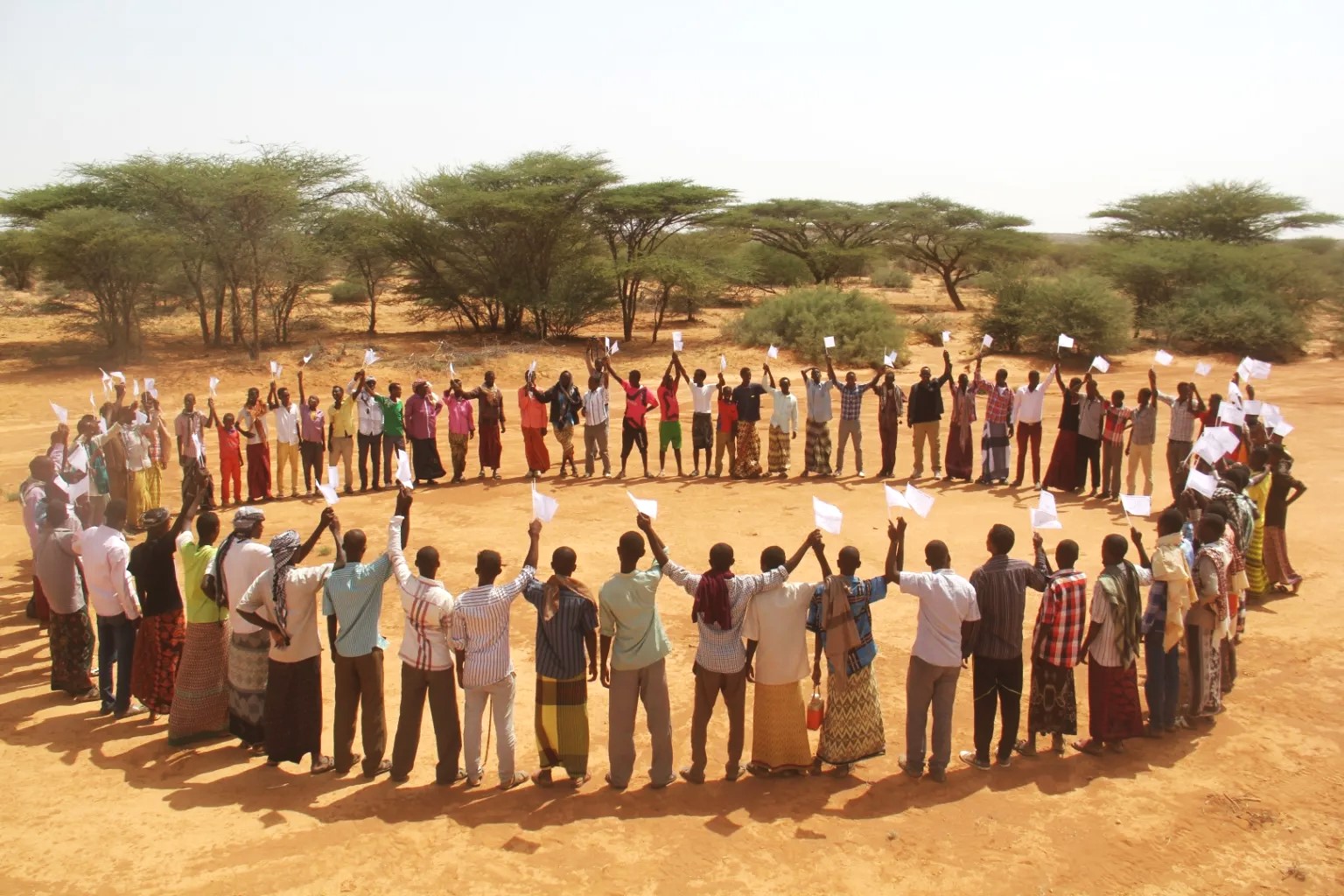
Building peace in times of war goes beyond shaking hands, says Renée Larivière, a senior official at Interpeace. As the Geneva Peace Talks begin on September 19, she talks to SWI swissinfo.ch about what it means to be a peacebuilder in an increasingly unstable world.
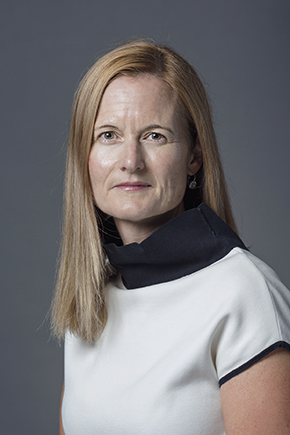
“Peace cannot be taken for granted”, says Renée Larivière, Senior Director of Programme Management at Interpeace, an NGO which focusses on fostering peace. According to the International Committee of the Red Cross (ICRC), there are around 120 armed conflicts around the world today, compared to 20 just 30 years ago. This escalation in violence raises critical questions about the feasibility of achieving and maintaining peace in such a tense geopolitical landscape.
The 22nd edition of the Geneva Peace TalksExternal link, which begins on September 19, will explore the future of peacebuilding amidst these growing challenges. Interpeace, based in Geneva, works around the globe to embed peace in societies broken by war. Larivière talks to SWI about what a peacebuilder does and what role they play at a time when the number of wars has never been greater.
SWI swissinfo.ch: Interpeace’s mission is to promote peace and prevent violence in conflict-prone areas. What is peacebuilding and how does it work exactly?
Renée Larivière: Interpeace was founded 30 years ago by the United Nations, at a time when the nature of conflicts worldwide was shifting. In the 1990s, there were fewer wars between states but more conflicts arising from civil wars. High-level mediation was no longer enough to build peace. The UN and the international community had to find new ways to support peace processes by putting civilians at the centre of the process. This transition led to the creation of Interpeace to accompany civil societies impacted by conflict. We foster dialogue with the very people whose lives have been affected.
Peacebuilding is not only about creating the right conditions in society so that mediation can take place but also rebuilding trust after sometimes decades-long conflicts and finding ways to live together again. This shift does not happen overnight. The signing of a peace agreement is just the beginning of this very long process.
SWI: Do you have a specific example you can share?
R.L.: Building peace is an ongoing process and a long-term commitment. For instance, we continue to work in Rwanda, thirty years after the genocide. Over the years, our approach has evolved. We’ve established platforms for dialogue where people can talk about their differences and find ways to coexist. We also focus on issues of youth empowerment, peace education, reconciliation and trauma healing.
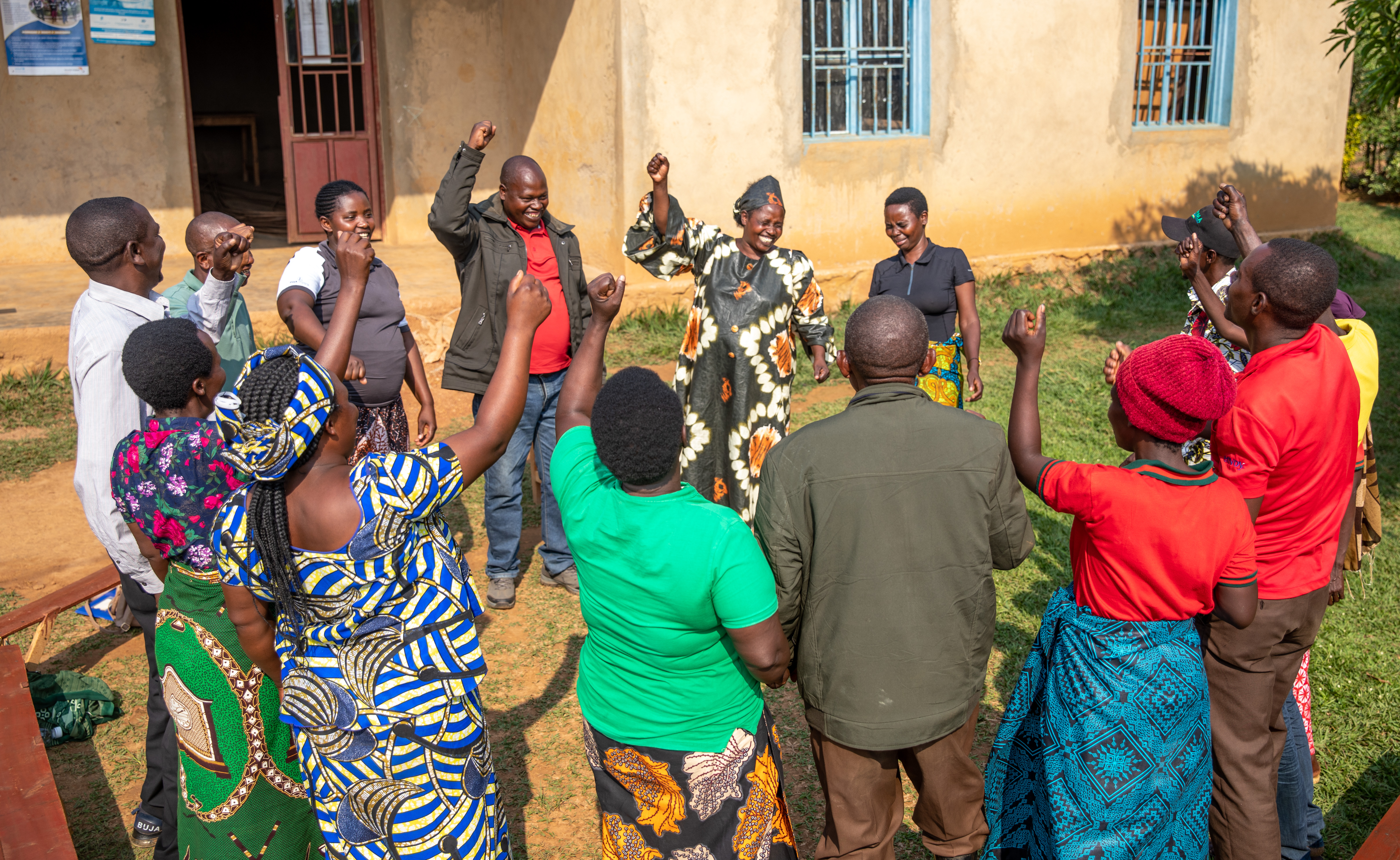
For the 20th commemoration of the genocide, we conducted a survey to understand how much society had healed. The results revealed that trauma levels remained high even after two decades. Despite significant efforts in reconciliation and transitional justice, much of the trauma had been passed down to the younger generations who had not directly experienced the genocide. That insight helped us to refine our approach and we continue to work on trauma healing to this day.
SWI: Interpeace has been operating for 30 years in Africa, the Middle East, Asia, Europe and Latin America. What shifts in conflicts have you noticed in the last three decades?
R.L.: We’ve reached the highest number of violent conflicts since the Second World WarExternal link. Global military spending is at its highest for the ninth consecutive year, reaching up to $2,443 billion. External linkIn contrast, spending for peace totals only $49.6 billion, representing less than 0.6% of global defense expenditures.External link
Founded in 1994 by the United Nations as the “War-torn Societies Project, Interpeace later became independent in 2000 before being officially recognised as an international organisation by the Swiss government in 2018.
“Geneva is an excellent collaborative environment for peacebuilding,” says Renée Larivière. Whether it’s the UN, the ICRC or the HD Centre, our approaches and levels of action might differ, but our North Star remains the same, and that is peace.”
The nature of warfare has also evolved significantly. Today, wars are both civil and interstate. Conflicts are not only increasing in number, but with the use of AI and misinformation, they are also ever more complex.. This creates an environment where responses are oftentimes more reactive rather than prevention-oriented.
SWI: In this context, with escalating wars and rising violence towards aid workers, is there still room for peace?
R.L.: Peace should never be taken for granted, even in countries that have been untouched by war. As we’ve seen in recent years, even in Europe, peace is a fragile dynamic that can rapidly change. In some cases, like in Syria in 2011, the violence is so extreme that it becomes difficult to work. When civilians are receiving bombs on a daily basis, the time is not right to enter a dialogue process.
Yet hope remains. It’s important to adapt our peacebuilding tools by including the local population, such as women and children. Women are always on the frontline when a crisis hits in their community. We tend to forget that they have a unique ability to transform conflict into cooperation and hatred into understanding. And that’s because women often act behind the scenes and can hence occupy a very critical role in helping establish trust in a time of conflict. The same goes for young people, particularly in Africa where over 60% of the population is under 25. If you ignore that part of the population, and they feel sidelined, that poses serious risk of unrest.
SWI: You started your career in Peru, Pakistan and Indonesia, working on conflicts related to natural resources. How is peacebuilding related to environmental issues?
R.L.: At the beginning of my career, I mostly focused on conflicts related to the extractive industry, which were then considered quite separate from traditional peacebuilding. Today these fields are increasingly intertwined. We are seeing a significant shift, with more conflicts arising from the scarcity of natural resources rather than just their management. For instance, arid farmlands are increasingly leading to displacements which, in turn, cause conflicts. In today’s context, we cannot separate peacebuilding from environmental issues. Climate change is the greatest challenge we are facing, with widespread destabilising effects that have not been anticipated. The electrification of our societies, for instance, is driving a race for critical minerals, which is reviving conflicts related to the extractive industry.
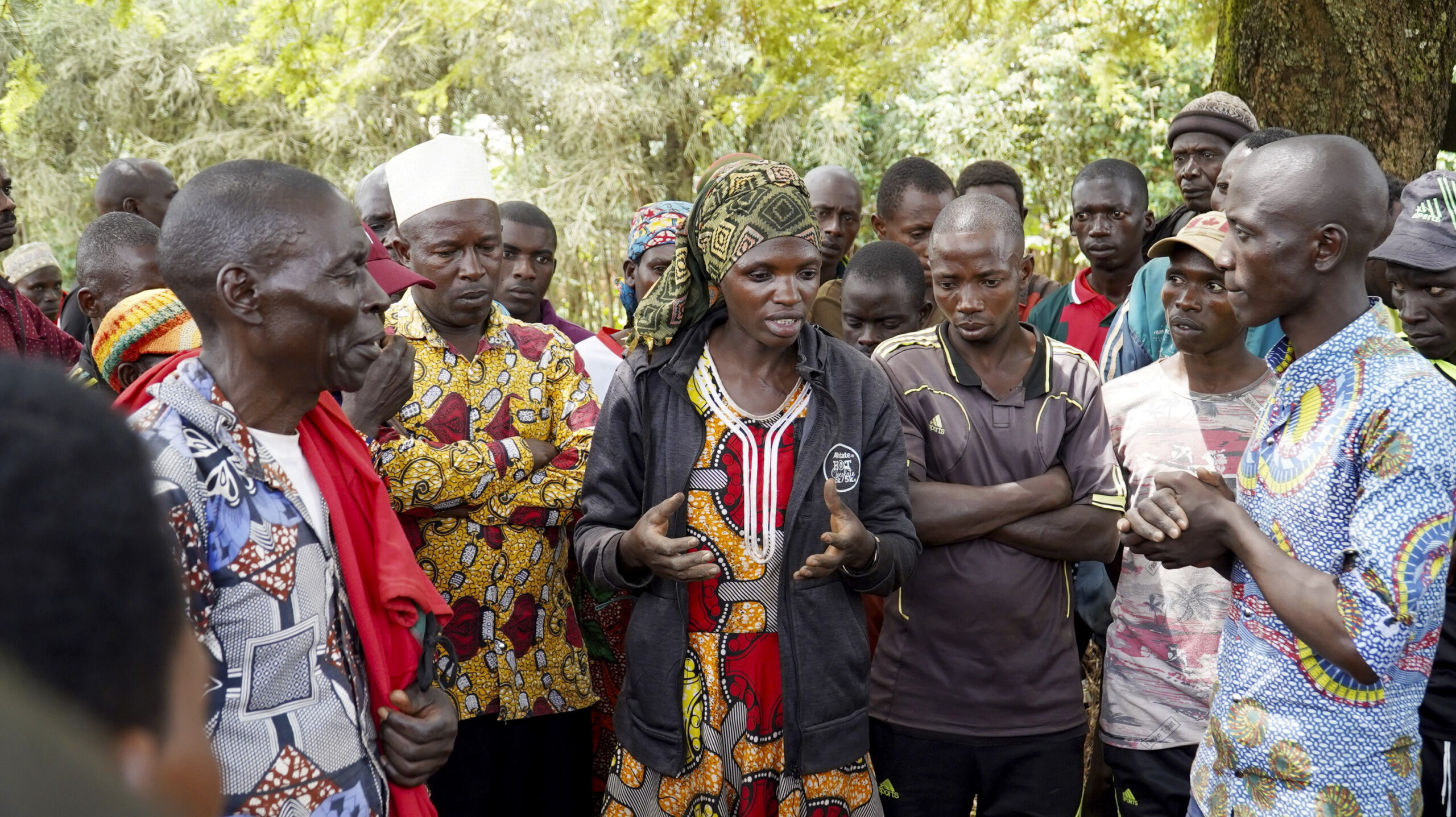
SWI: This year’s Geneva Peace Talks are focused on ‘the future of peace’. What are the challenges ahead for peacebuilding?
R.L.: Peace talks gather the testimonies of extraordinary people, who act for the better good in the face of ongoing conflict. These are the stories of the unseen and unsung heroes that act in the shadows. It’s important that we keep that hope and fire burning even in the face of adversity. Peace is possible.
The main challenge ahead is that mindsets are returning towards a more military response to conflicts, rather than considering the social and cultural dimensions. By focusing on looking inwards and protecting their own borders, states risk losing sight of the fact that we are all connected.
The Geneva Peace talks showcase the personal stories of individuals deeply involved in peacebuilding, such as João Boavida, a prominent peacebuilder from Timor-Leste. This southeast Asian country, which fought for independence, experienced a severe crisis in 2006 due to internal divisions within the military and police, leading to widespread violence. “The 2006 crisis nearly brought the country down to being classified as a failed state,” recalls Boavida, who founded the Centre of Studies for Peace and Development (CEPAD) in partnership with Interpeace, in 2007.
Through a nationwide consultation project involving 900 Timorese, he and his team developed 33 recommendations to address obstacles to peace. Boavida met with political representatives to set priorities, such as the need to improve public knowledge on corruption through permanent civic education.
“We still have a long way to go in order to build sustainable peace,” he says, pointing out that the country faces high levels of poverty and unemployment, with about 70% of the population living in rural areas on just 50 cents a day.
“So far, the population has not really benefited economically from the political independence we gained in 2002. We are advocating for transparency, accountability, and integrity from the governing bodies. The resources of the state should benefit the majority of the population. You cannot reach peace without development.” Boavida, who previously worked for the UN, stresses: “The road to peace is long and difficult, especially when the country is not in the global spotlight. That is why it’s important to become peacebuilders within our own communities through dialogue.”
Edited by Virginie Mangin

In compliance with the JTI standards
More: SWI swissinfo.ch certified by the Journalism Trust Initiative










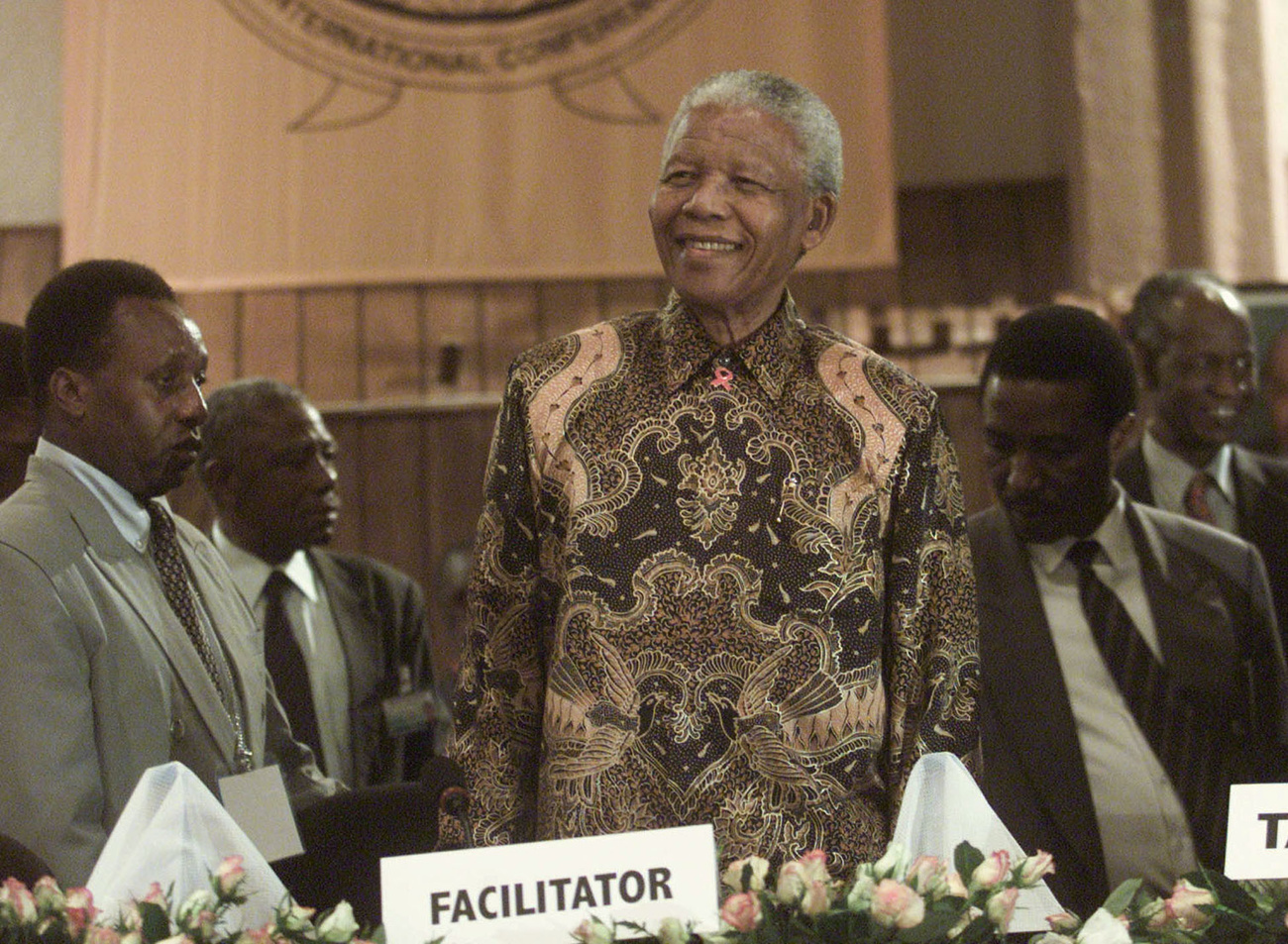
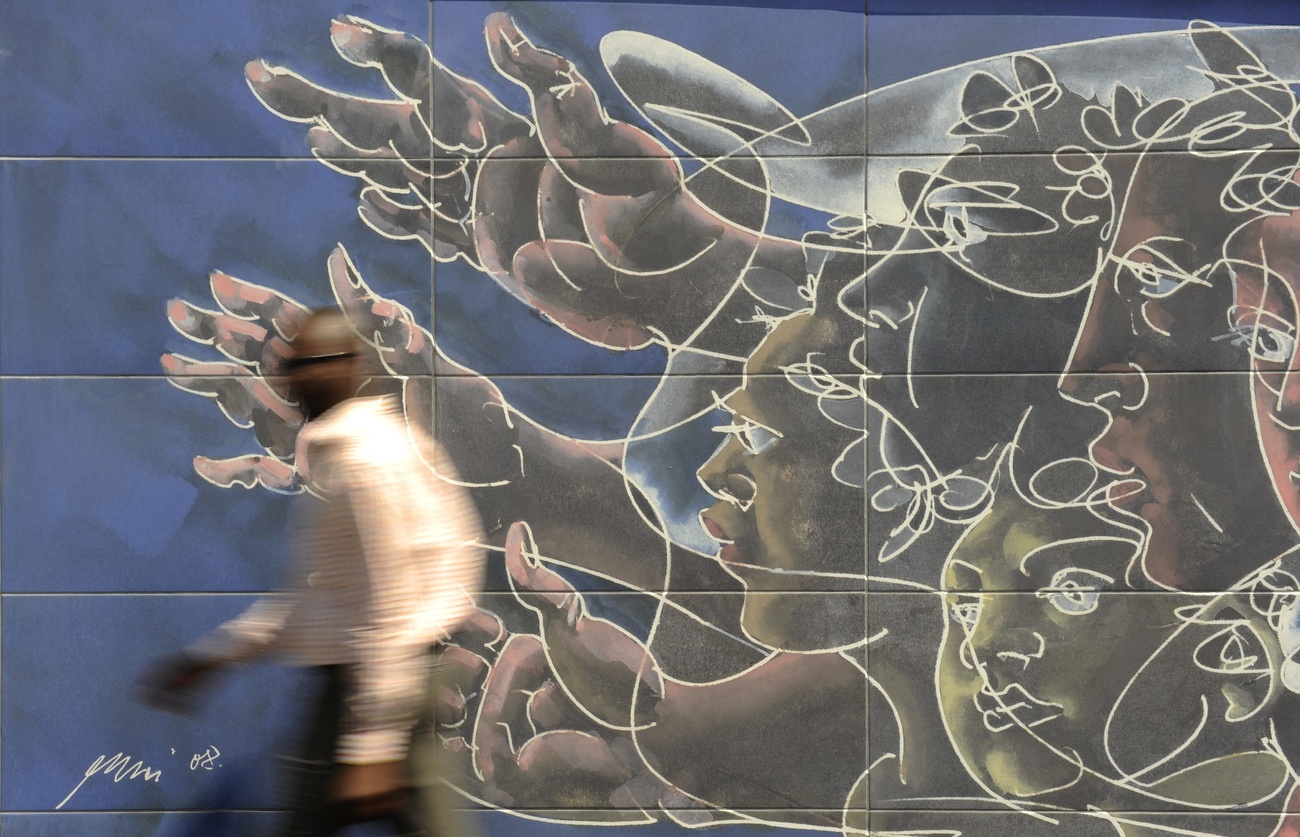
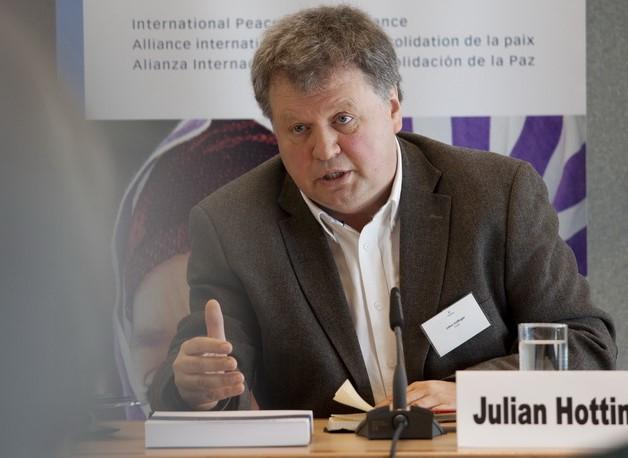
You can find an overview of ongoing debates with our journalists here . Please join us!
If you want to start a conversation about a topic raised in this article or want to report factual errors, email us at english@swissinfo.ch.